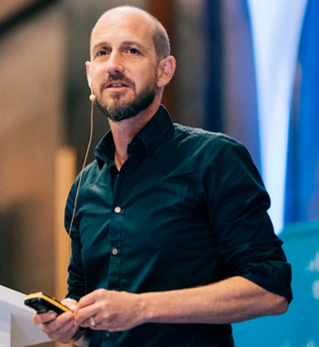
Online hacktivism is not new: it has been around almost as long as the public internet.
But the make up, and goals, of hacktivist groups has changed over the years.
Today’s hactivist is less likely to be part of “hacker” culture or a protest movement. Instead, they appear increasingly motivated by political goals. Some of today’s groups at the very least aligned to, if not sponsored, by nation states.
Perhaps hacktivism is no longer the right term.
Researchers are now talking about groups that set out to undermine trust in both the online and physical worlds, and carry out what some security researchers call “cognitive warfare”. Others are exploiting large-scale denial of service attacks; other still are targeting industrial systems and critical infrastructure.
As part of its 2025 Security Navigator report, Orange Cyberdefense tracked one hacktivist group in detail.
Charl van der Walt, head of security research, tells editor Stephen Pritchard what his team discovered, by watching one particular online group, why he feels the risk posed by hacktivism needs another look, and why both governments and individual businesses need to prepare to deal with the threat.

Featured image by Gerd Altmann from Pixabay




